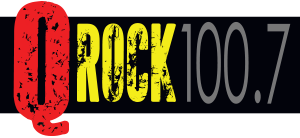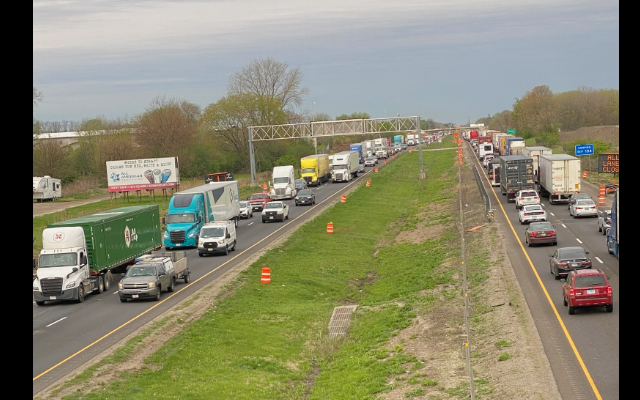Gov. Pritzker Announces Remote Learning Days Will Continue Through End of School Year

Following careful consideration of the science and close consultation with public health leaders and experts in Illinois and across the nation, Governor JB Pritzker announced that in-person learning in schools will not resume during the 2019-2020 school year, with remote learning days to continue for all pre-k through 12th grade students.
The Illinois State Board of Education is working to identify and provide the flexibility that school districts need to address the challenges of the COVID-19 pandemic. Illinois will receive approximately $569 million in federal funding for prek-12 schools, as part of the Coronavirus Aid, Relief, and Economic Security (CARES) Act. The funding can help equip students with technology and internet access to enhance remote learning, support teachers in developing their remote instruction skills, and assist schools in continuing to provide meals to children and communities.
Each public school district in Illinois has developed and implemented a plan to ensure all students have access to instruction and to their teachers during Remote Learning Days. ISBE convened an advisory group of teachers, superintendents, and students to develop comprehensive Remote Learning Recommendations for all grade levels, including suggestions on grading, content selection and delivery, social-emotional development, and communication with families. The recommendations are available in English, Spanish, Polish, and Arabic at www.isbe.net/covid19.
ISBE has encouraged each school to determine a local method of taking attendance or checking student engagement. Daily virtual contact with students helps teachers understand when students may need additional support with assignments, meals, mental health, or other needs. ISBE also will release recommendations to schools to address learning loss and students’ social-emotional needs when students transition back to in-person instruction.
The governor also waived the edTPA and student teaching requirement for educator candidates who have completed all other requirements for licensure. These and other emergency changes to educator licensure will ensure that the COVID-19 does not impact local school district’s ability to hire qualified educators they need to support students.
Lastly, the governor and his administration amended graduation requirements for high school seniors, in recognition of the impact of the COVID-19 crisis on their final semester. For example, current high school seniors may graduate without the normally required participation in consumer education and physical fitness assessment.




